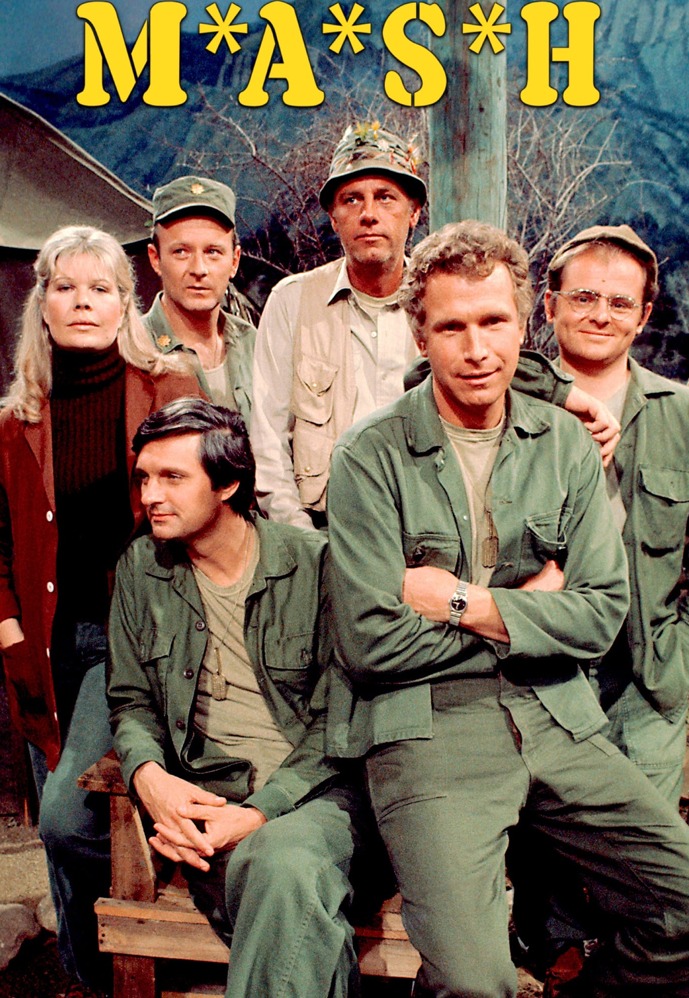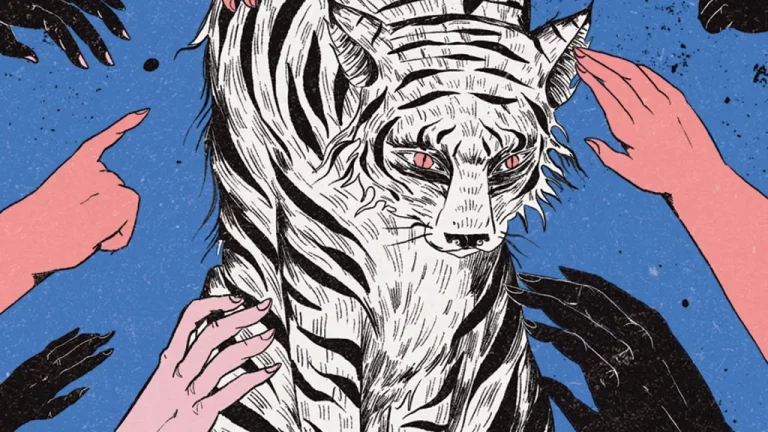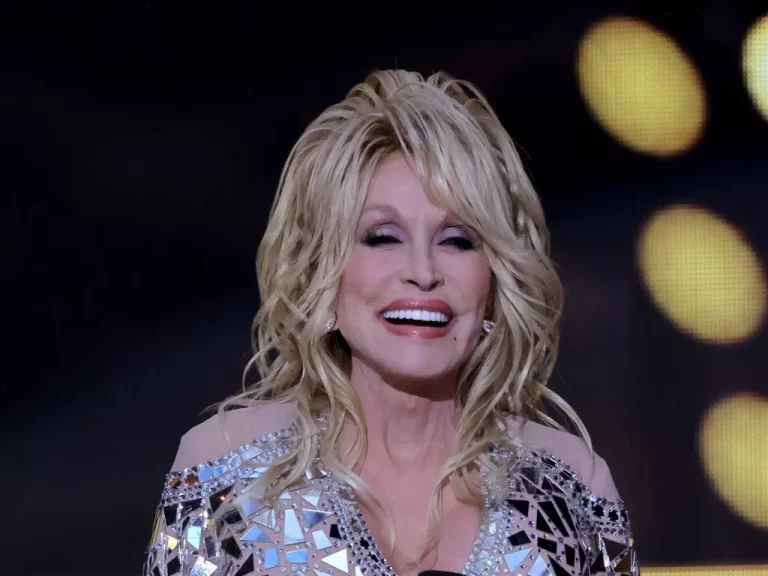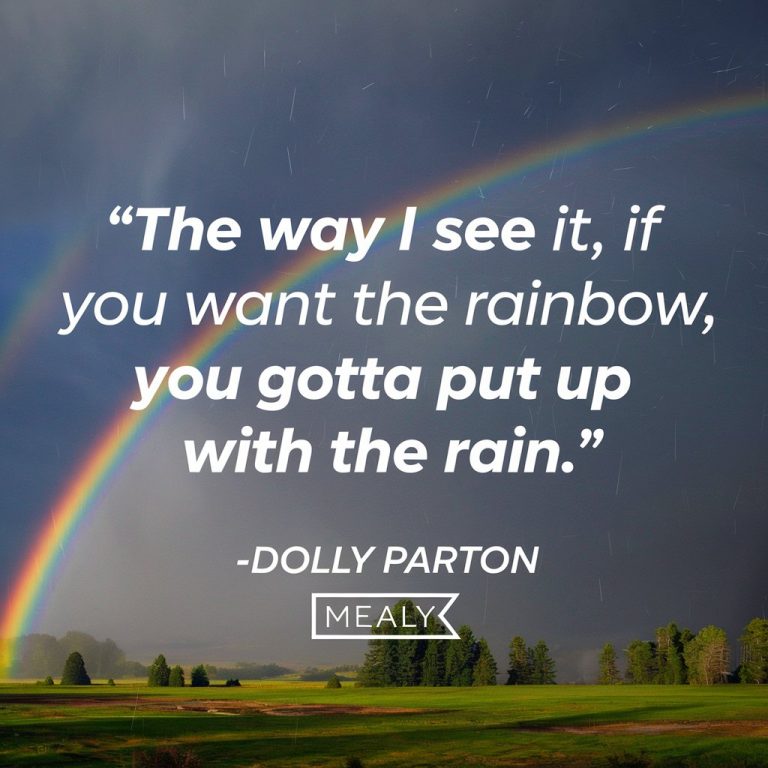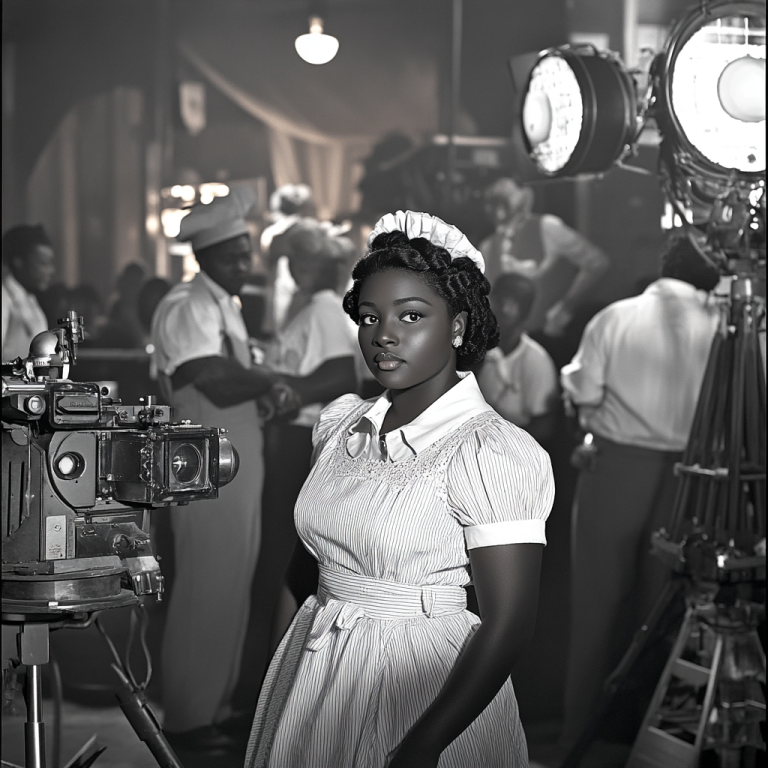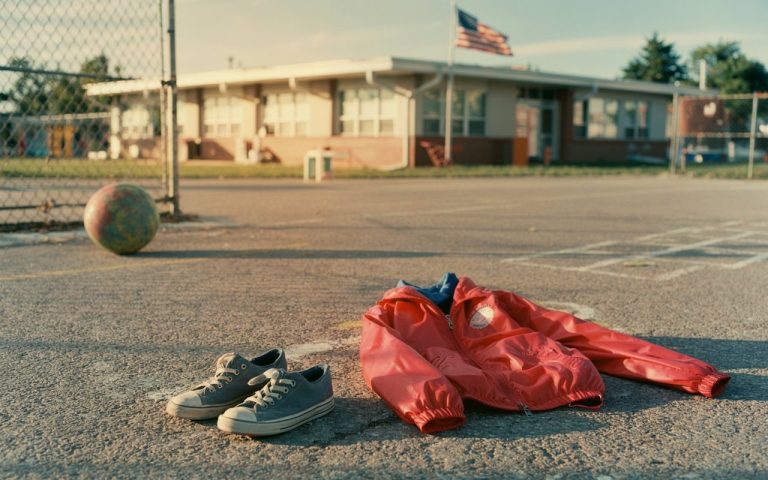M*A*S*H – The Show That Made Us Laugh, Then Think
A War Comedy That Was Never Just a Comedy
When M*A*S*H first aired in 1972, most Americans had never seen anything like it. A sitcom set during a war? With doctors cracking jokes in the middle of surgeries, cross-dressing to get discharged, and playing poker as helicopters arrived with casualties?
It could’ve failed. It almost did. The first season wasn’t a hit. Viewers didn’t quite know what to make of it.
But by the time it ended 11 years later, M*A*S*H had become something more than a show. It was a touchstone. A series that made people laugh, then left them thinking—long after the TV was off.
The Timing Was Everything
Although M*A*S*H was set during the Korean War, its debut came at the height of the Vietnam War. American audiences were weary. The news showed real wounded soldiers, real chaos, real grief. Into that world stepped a television show that treated war not with slogans or speeches, but with absurdity, sarcasm, and sometimes silence.
It wasn’t preaching. It was presenting. And that’s what made it land.
Who Were These People?
At the heart of M*A*S*H was the 4077th Mobile Army Surgical Hospital—an ensemble of misfits, medics, and moralists trying to stay sane while patching up the broken.
- Hawkeye Pierce, the wisecracking surgeon with a heart just beneath the sarcasm.
- Trapper John, then later B.J. Hunnicutt, who brought his own brand of kindness and dry wit.
- Colonel Potter, the no-nonsense leader who offered stability without cruelty.
- Radar, the soft-spoken clerk who could hear the helicopters before anyone else.
- Hot Lips Houlihan, strong, proud, sometimes harsh—later softened by empathy.
- And of course, Frank Burns, a character played for laughs but also as a foil for the hypocrisy the show quietly exposed.
What made them compelling wasn’t just their humor or flaws—it was that they felt like people you knew. People doing a job in impossible circumstances.
One Episode, a Lifetime of Reflection
There’s a story many fans remember—not because it made them laugh, but because it made them stop.
The final scene of the episode “Abyssinia, Henry” (Season 3) is burned into television history. After Henry Blake, the commanding officer, is honorably discharged and sent home, Radar walks into the operating room and says:
“I have a message… Lieutenant Colonel Henry Blake’s plane was shot down over the Sea of Japan. It spun in. There were no survivors.”
No music. No preparation. Just a line delivered in the middle of a surgery scene.
There had never been anything like it on a comedy show. The cast didn’t know the line was coming—producers withheld it until filming. The stunned silence was real.
For many viewers, especially those who had lived through war, it hit a nerve. Suddenly, M*A*S*H wasn’t just about clever lines or hijinks. It was about the cost of war—even in a story with jokes.
Humor Was a Survival Tool
M*A*S*H didn’t use comedy to ignore war—it used it to endure it.
In the real Korean War, mobile surgical units did rely on dark humor to get through 12-hour surgeries and endless streams of wounded soldiers. That’s what M*A*S*H captured—not the glory of war, but the absurdity of surviving it.
You’d get an episode with poker games and pranks… and another with a soldier dying in a soldier’s arms, his last words barely whispered.
The show moved like real memory does—unpredictably. A mix of joy and grief, noise and stillness.
A Shared TV Ritual
For many families in the 1970s and early 80s, M*A*S*H became part of the weekly routine. Dinner, dishes, then the show. Parents watched with kids. Veterans watched with silence. Some laughed more than others. Some didn’t laugh at all.
And when the final episode aired—Goodbye, Farewell and Amen—on February 28, 1983, over 100 million people tuned in. The country paused. Tears were common. So were quiet nods.
The war was fictional. The emotion wasn’t.
What Made It Stay
It’s been decades since the last new episode aired. But M*A*S*H still lives. In reruns. In conversations. In how it quietly reshaped what television could do.
Why did it stay with people?
- Because it showed that war isn’t just battles—it’s boredom, confusion, bad coffee, and unbearable decisions.
- Because it didn’t talk down to the audience. It assumed you could hold two emotions at once: laughter and loss.
- Because it was honest without being bitter.
- And because in its best moments, it reminded us of something war often buries—humanity.
Looking Back
When people say they miss M*A*S*H, they’re often not just talking about the show. They’re talking about an era when a TV show could make them feel like part of something bigger. A generation that had seen war—either in uniform or on the news—found something in those 30-minute stories that felt familiar, grounding, and true.
And even now, when someone hears the opening notes of “Suicide is Painless,” the theme song that ran without lyrics on TV, something in them pauses. It’s not nostalgia for war. It’s nostalgia for a show that dared to be more than funny.
A Final Line That Says It All
In the last moments of the final episode, Hawkeye boards a helicopter, leaving the 4077th for the last time. As the chopper lifts off, he looks down and sees a message written in rocks by B.J.:
“GOODBYE”
It’s simple. No music swells. No speeches.
Just that one word.
And for millions watching, it felt like more than the end of a show. It felt like the kind of goodbye that only comes after years of being told the truth—softly, honestly, and sometimes with a laugh.
